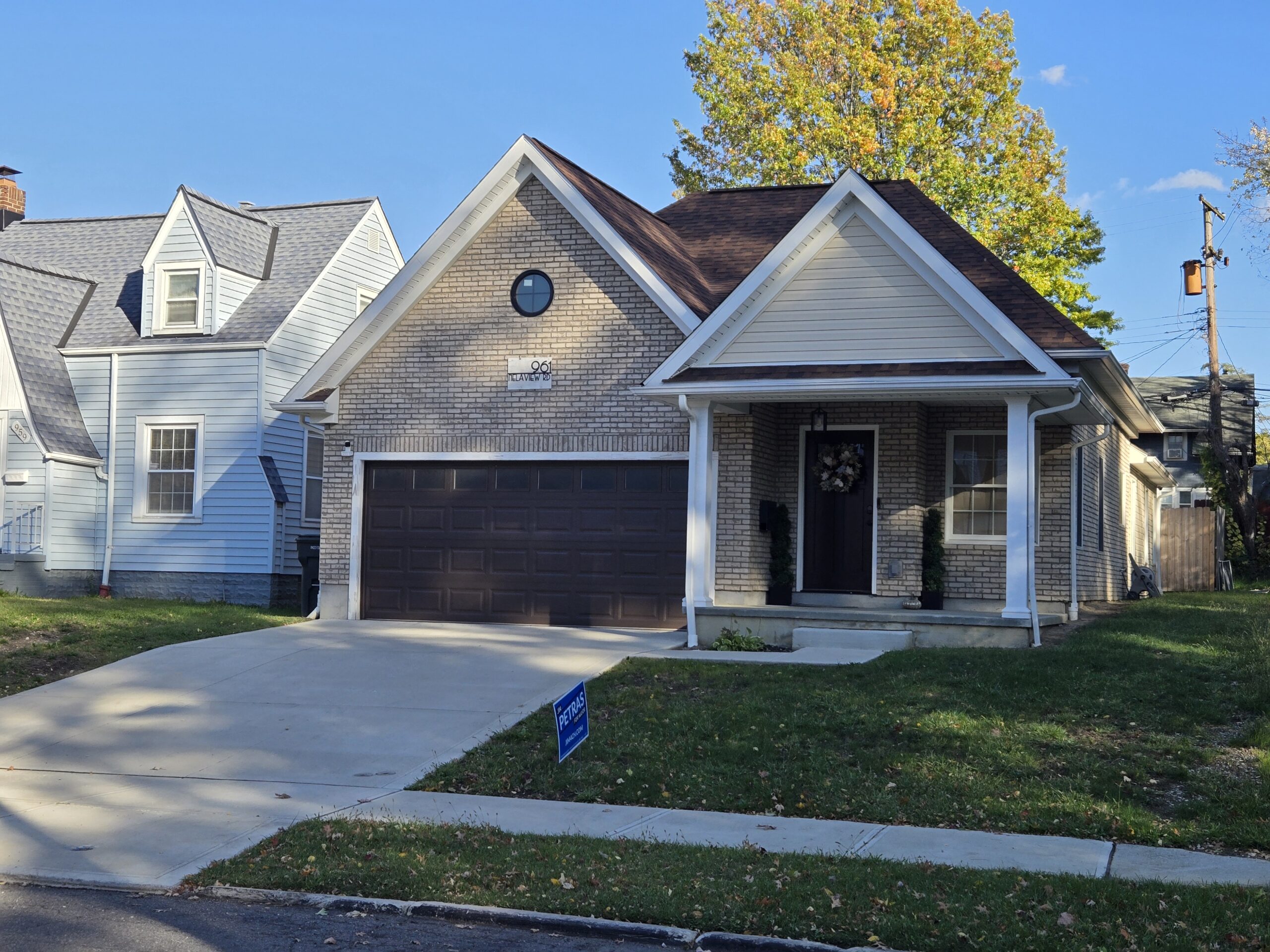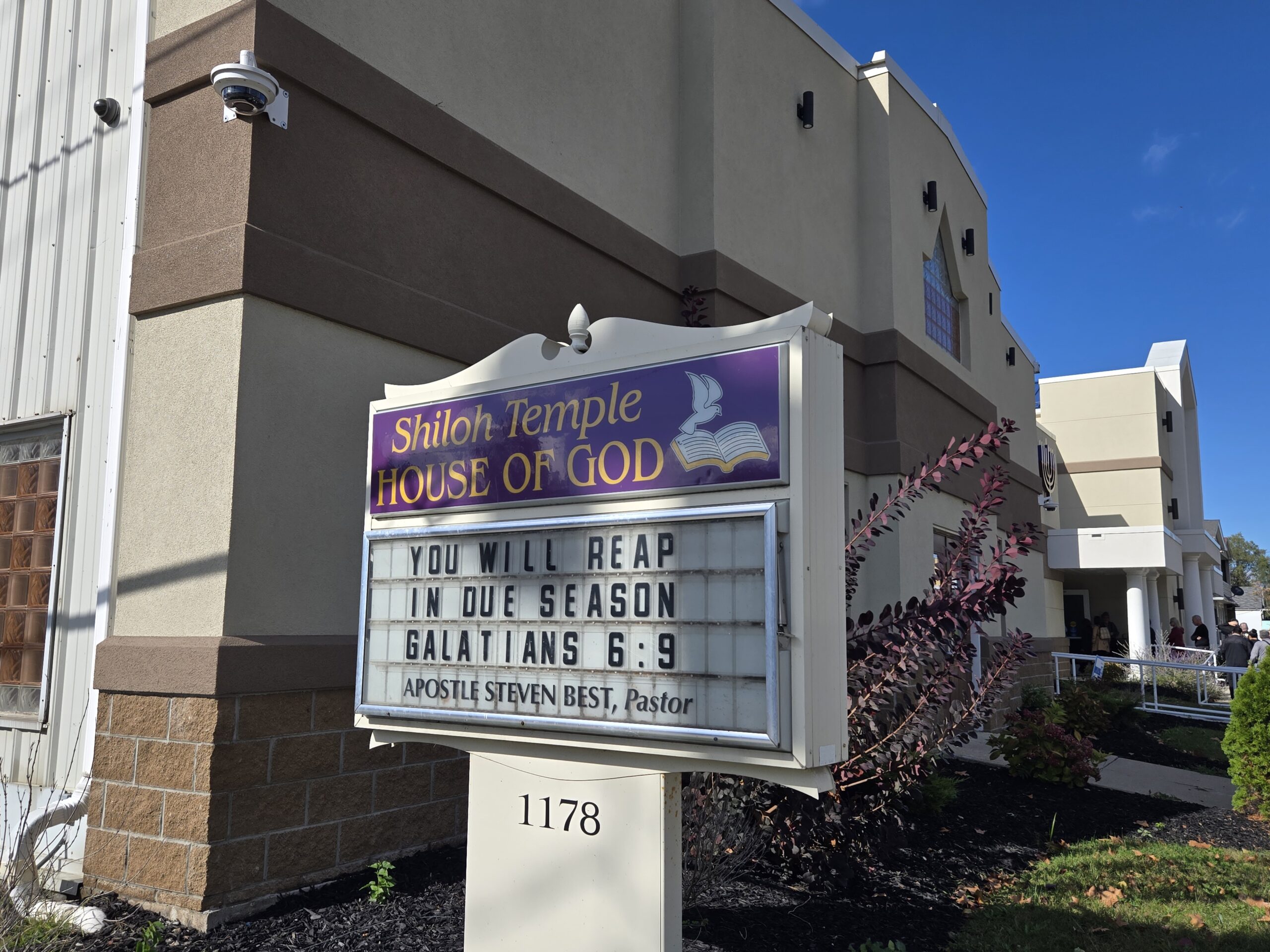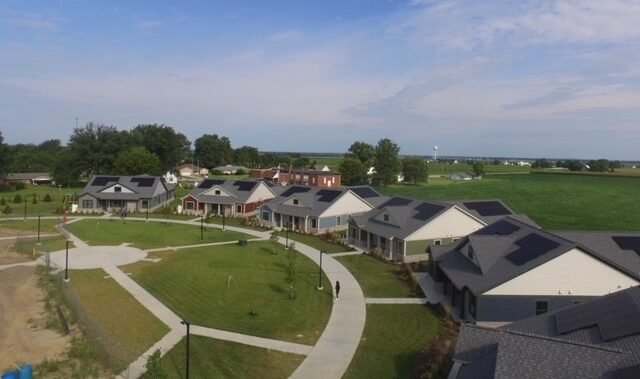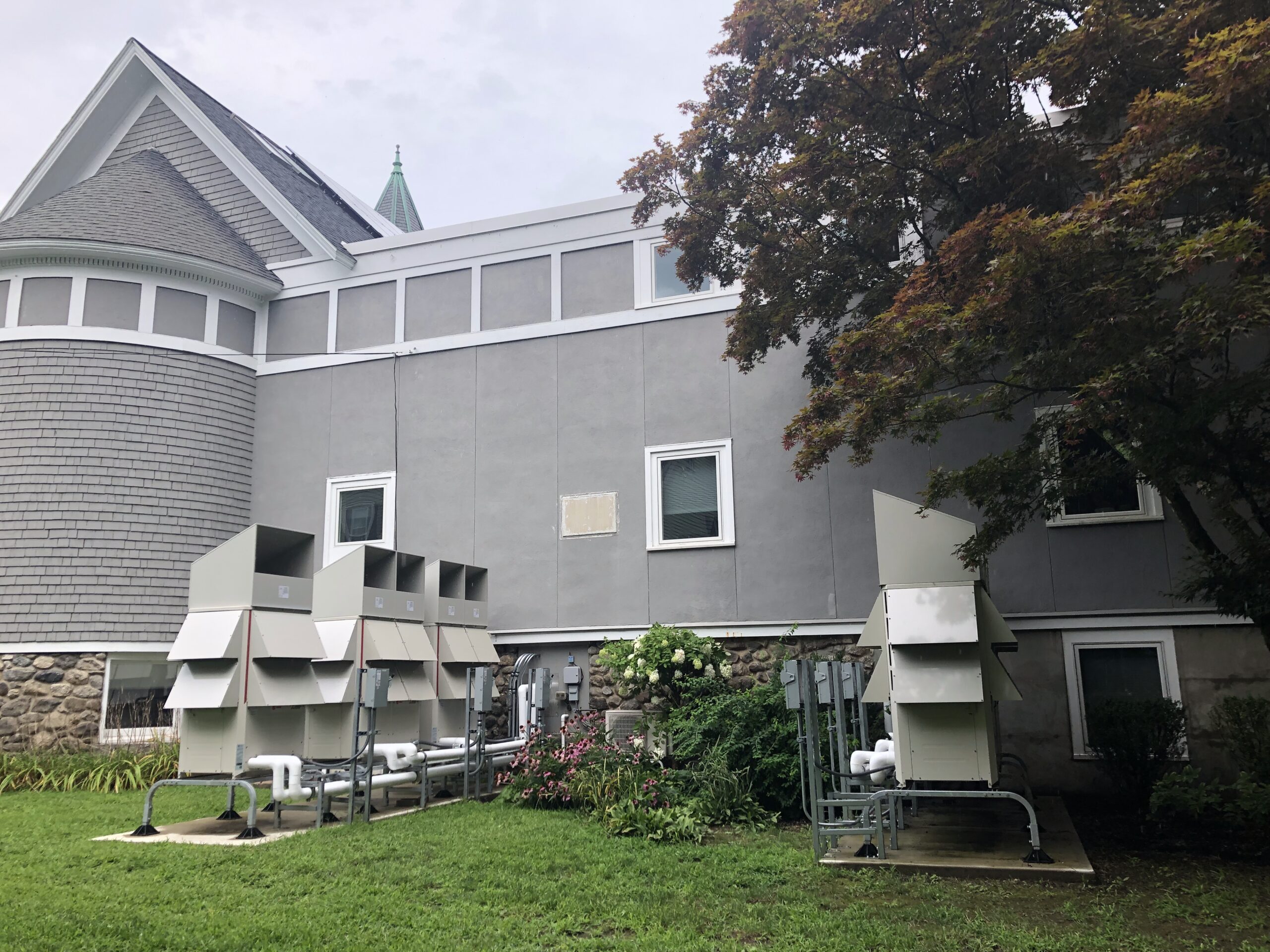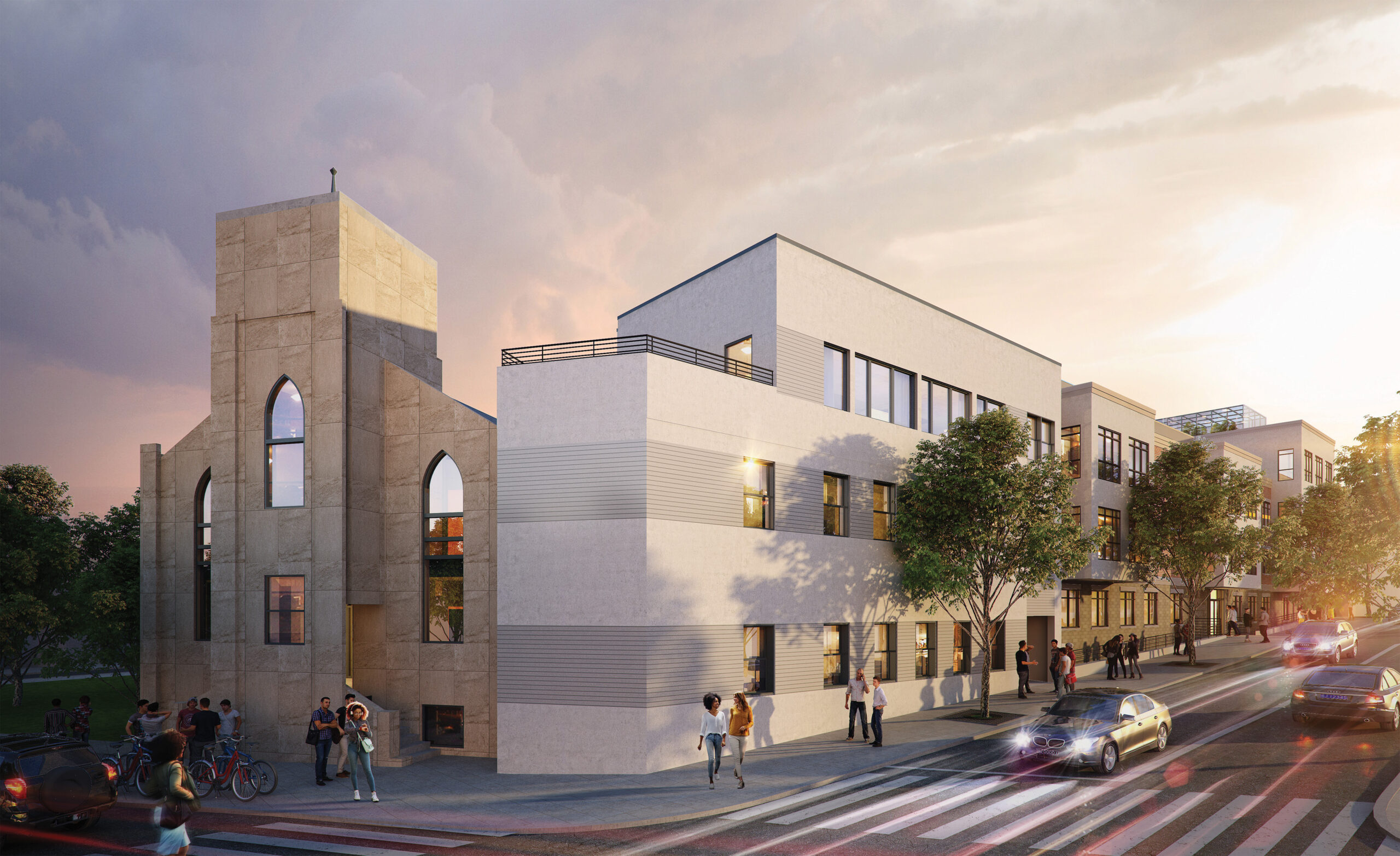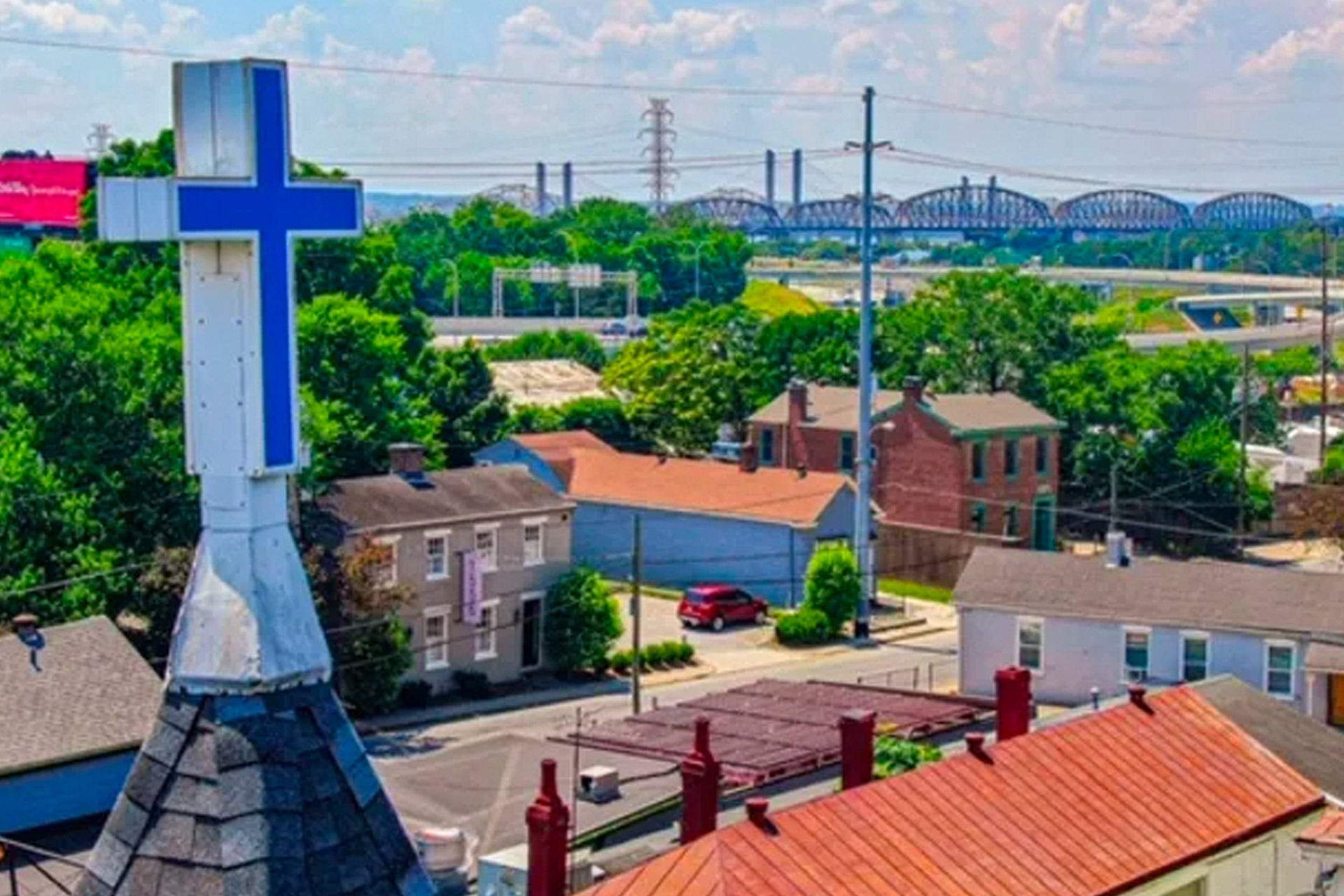Start Right Community Development Corporation
Building Homes for Neighbors in Need
Start Right Community Development Corporation is an off-shoot of the Start Right Church in the Caledonia neighborhood of Cleveland Heights, Ohio. The organization assists the neighborhood by addressing hunger and housing. Its Good Neighbor housing rehab program has renovated 11 homes to date, with 7 properties currently under renovation. The organization is continuing with its Caledonia Homes program, which builds new homes as in-fill projects in the long-neglected neighborhood.
NEED
Start Right CDC plans to build more home in the neighborhood, but their latest home build ran into an issue when federal funds were redirected to its Good Neighbor program instead.
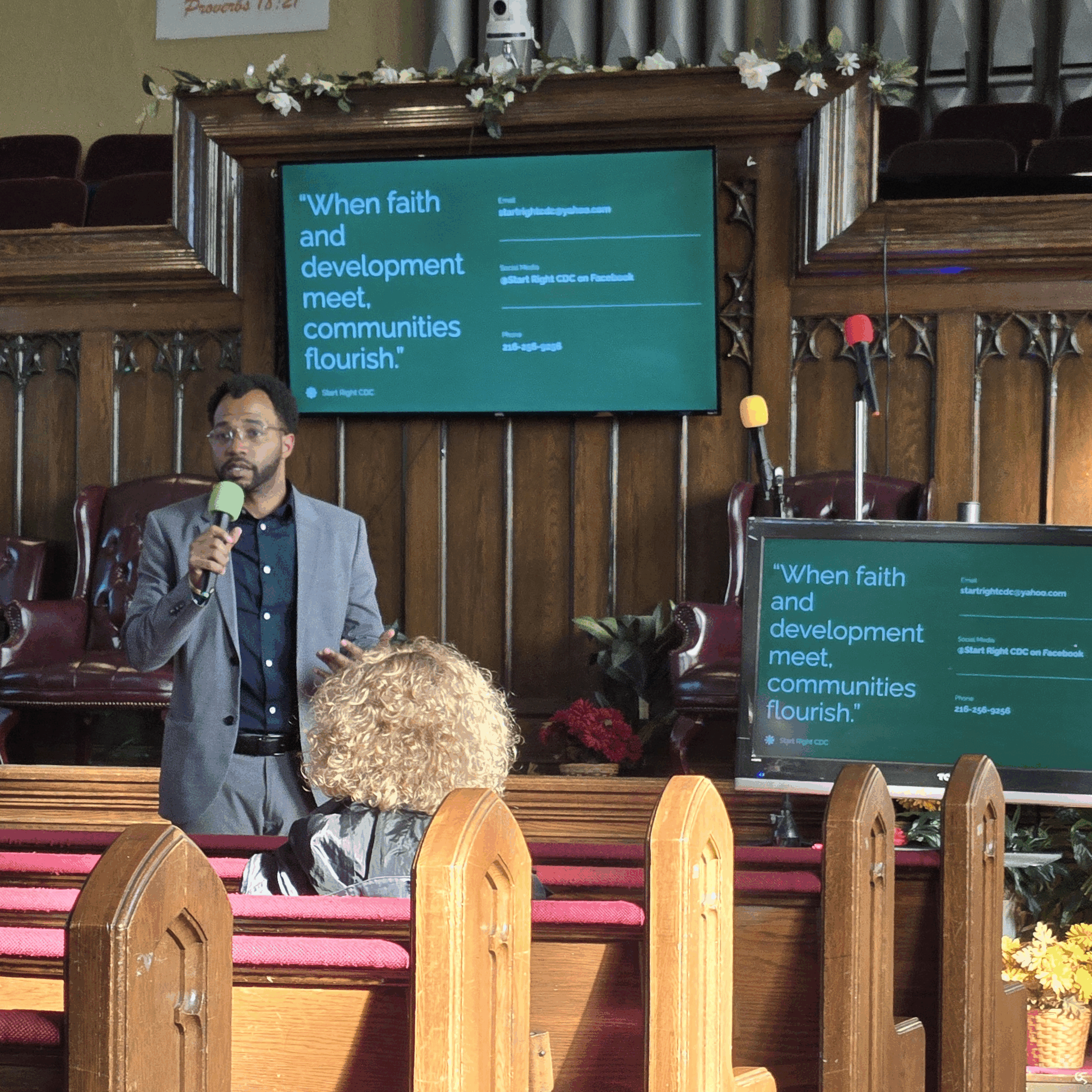
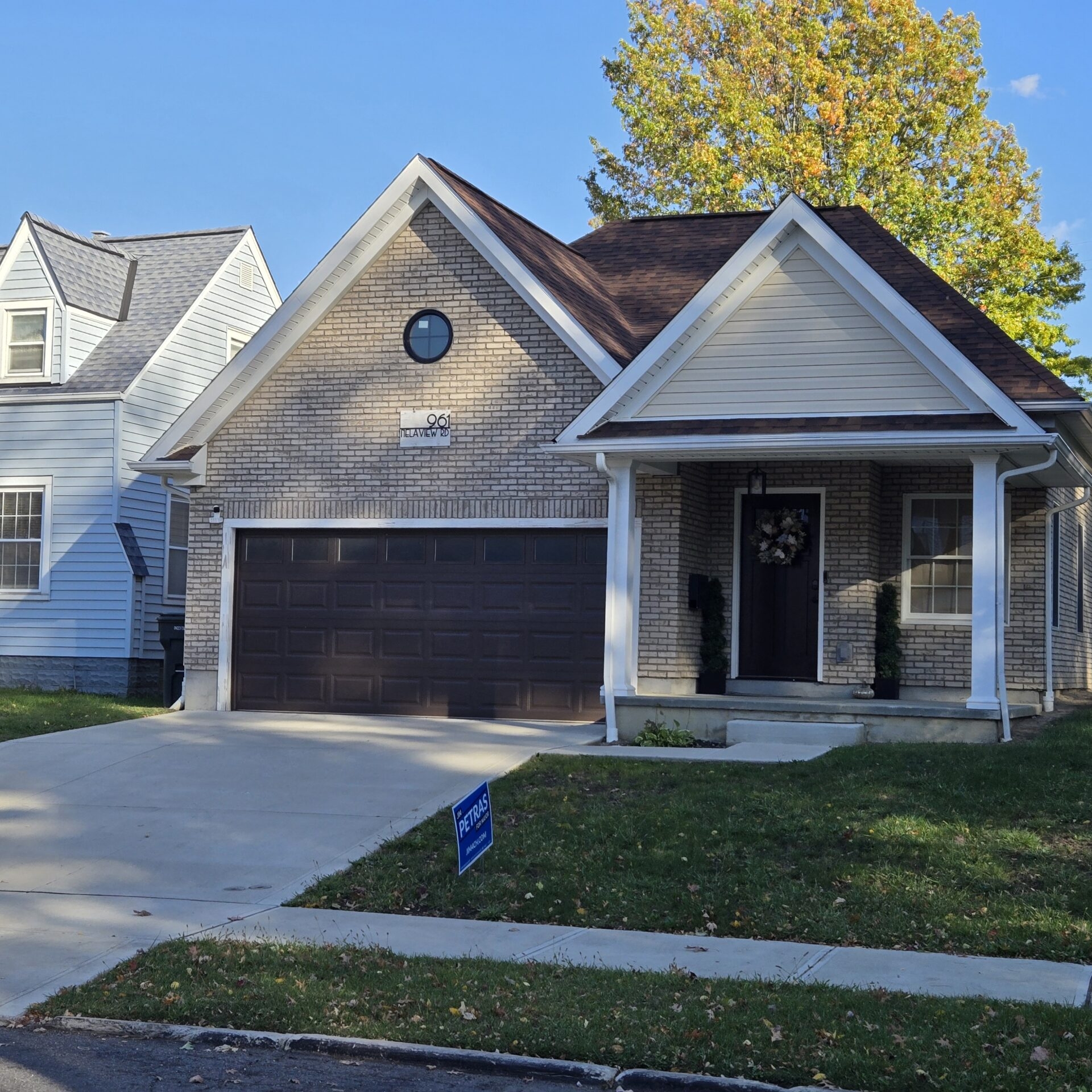
CALLING
Start Right CDC is building new homes to create affordable housing for current residents of the Caledonia neighborhood.
God Math
A line of credit with the Cornerstone Fund is allowing Start Right CDC to move ahead with its housing construction. The organization aims to build more than 20 additional homes in Caledonia in the coming years.
Shiloh Temple House of God
Expanding Worship and Community Outreach
Shiloh Temple House of God in Cleveland, Ohio is a church offering numerous services for its congregation and the surrounding community, including after-school programs, summer youth programs, food distribution, and healthcare guidance in partnership with nearby hospitals. Some 40% of neighborhood residents live below the line.
NEED
Shiloh’s congregation was outgrowing its building both in membership numbers and in community services. They needed space for a growing congregation to worship and help the neighborhood.
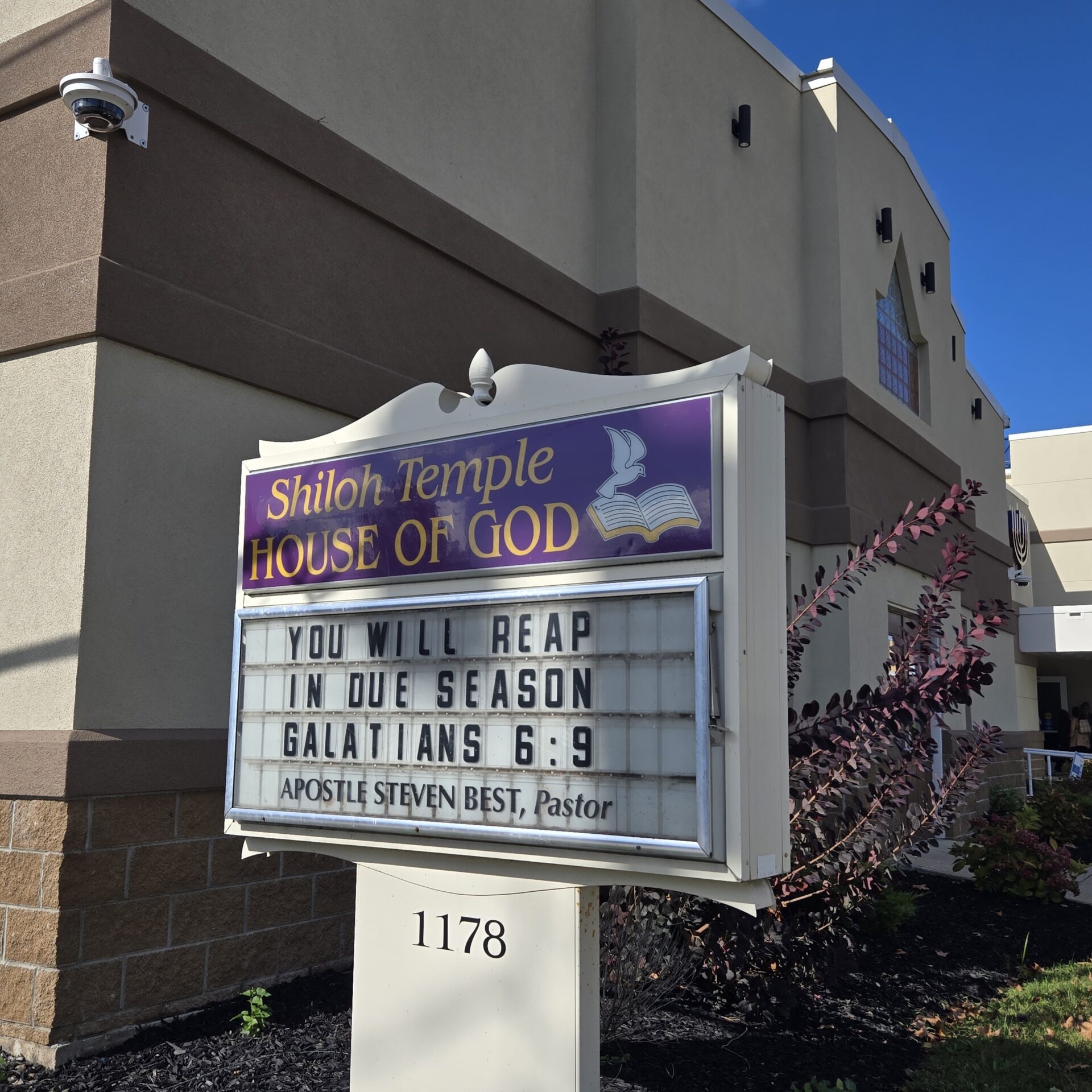
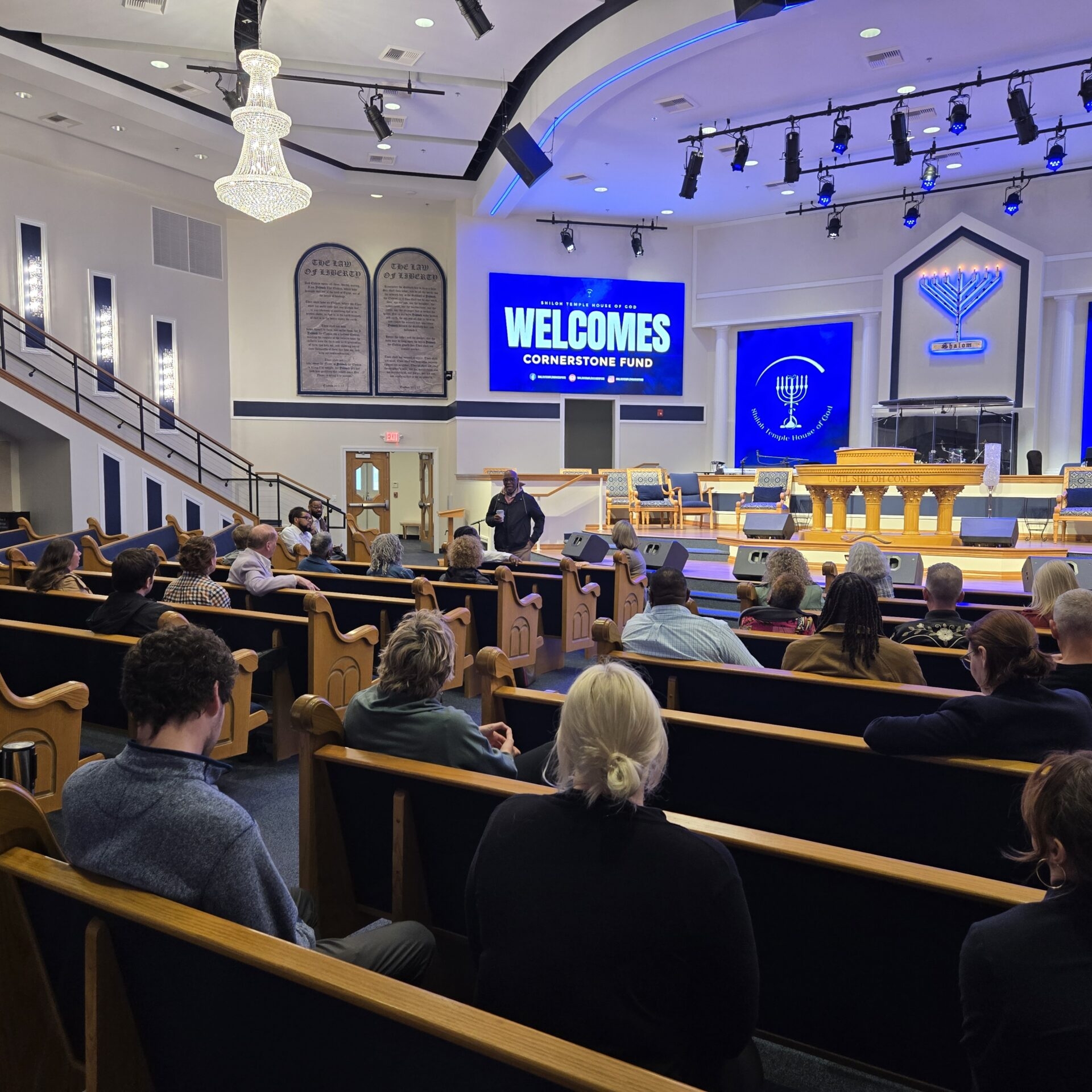
CALLING
The congregation’s dream was to build a bigger facility next to the current building to house a much larger sanctuary and allow them to continue offering critical services to the neighborhood.
God Math
Thanks to Cornerstone Fund investors, a loan of $5,215,000 helped Shiloh Temple House of God build the new facility – which boasts a large sanctuary, library, and offices. The old church building was transformed into a banquet hall and rooms for community and church use.
“(The Cornerstone Fund) understood where we were coming from….It was absolutely wonderful working with them and I would recommend them to anybody.”
— Apostle Steven L. Best, Sr., pastor of Shiloh Temple House of God.
Hoyleton Youth and Family Services
Helping Kids In Need
Hoyleton Youth and Family Services in Fairview Heights, Illinois, is a residential treatment program for children and adolescents as well as a transitional living for older adolescents with developmental disabilities who may also have severe emotional and behavioral problems. The organization is the single largest residential care provider in the state for children diagnosed with intellectual disabilities and mental illness. Hoyleton can attest that given the right care, even children in worst case scenarios can experience remarkable growth and recovery.
NEED
Hoyleton’s five residential cottages were grossly outdated. The oldest cottage was built in 1915 and the newest in 1995. While the cottages have been maintained and updated (roofs, flooring, etc.) they were largely in their original form—outdated and not built for their current use.
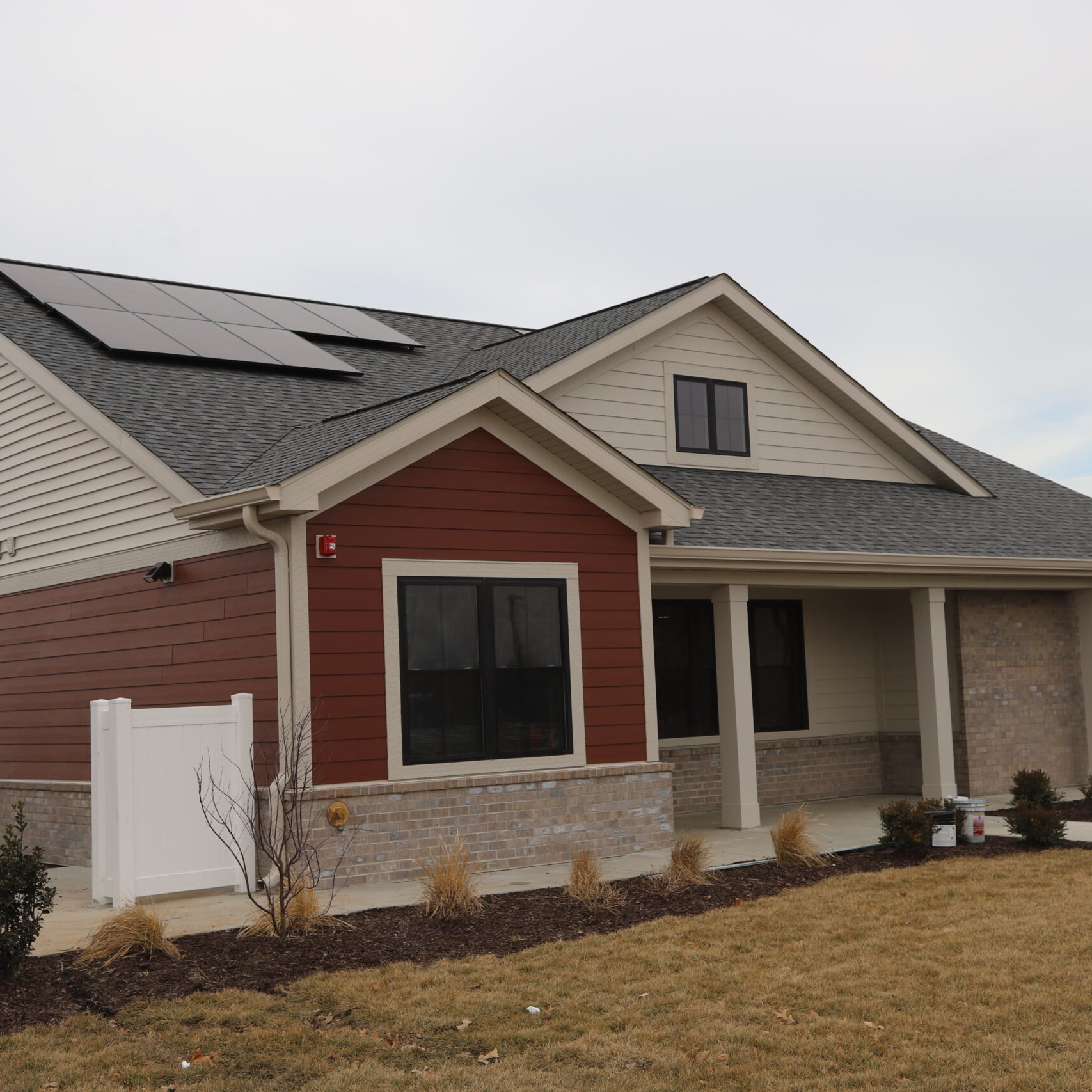
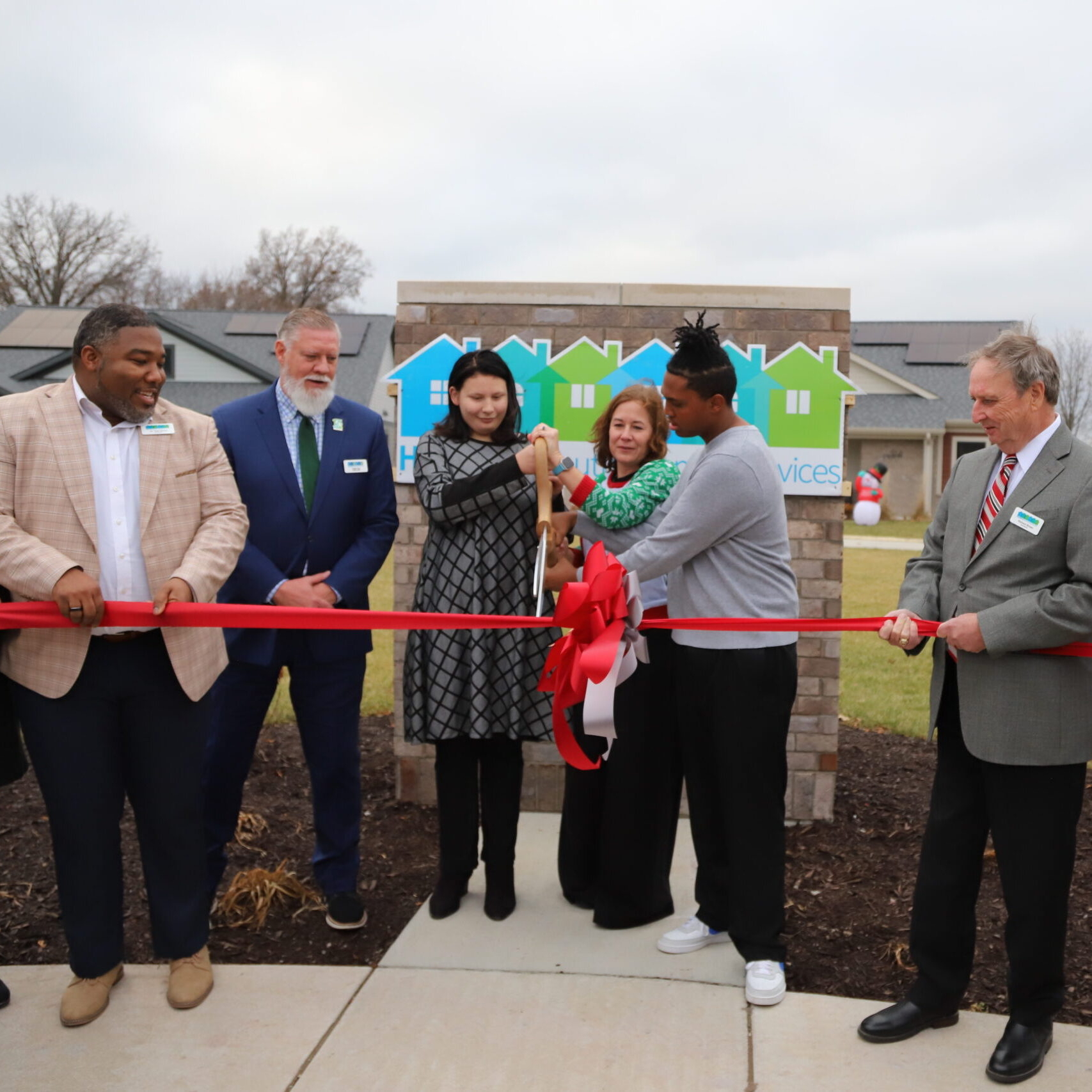
CALLING
Hoyleton’s facilities were unable to accommodate Illinois Department of Children and Family Service’s need for more therapeutic beds for this population of youth. The organization saw the need for updated and safe facilities for their patients and dedicated themselves to building six new cottages.
God Math
A Cornerstone Fund loan of $5.5 million helped Hoyleton meet the need and build the new cottages. These new buildings that are suitably designed for children and adolescents will lead to a shorter stay in therapeutic care. With the new facilities, Hoyleton expects to reduce the average stay from 17.5 to 12 months or less, and the anticipated result is that more than 70 children will be served on an annual basis.
“Cornerstone’s guidance and assistance were instrumental in transforming a long-held dream into reality. I can’t envision a more ideal partner to have worked with.”
— Chris L. Cox, President and CEO of Hoyleton Family and Youth Services.
West Concord Union Church
Creation Care in Action
West Concord Union Church is a historic United Church of Christ congregation in Concord, Massachusetts, that strongly supports a range of social justice causes. To demonstrate their commitment to Creation Care, they knew it was time to invest more in “greening” the church.
NEED
After installing solar panels on their roof several years ago, WCUC wanted to update the church’s oil-fueled HVAC system (pictured on the right). It was old, inefficient, and expensive. The system generated more than 140,000 pounds of greenhouse gases annually.

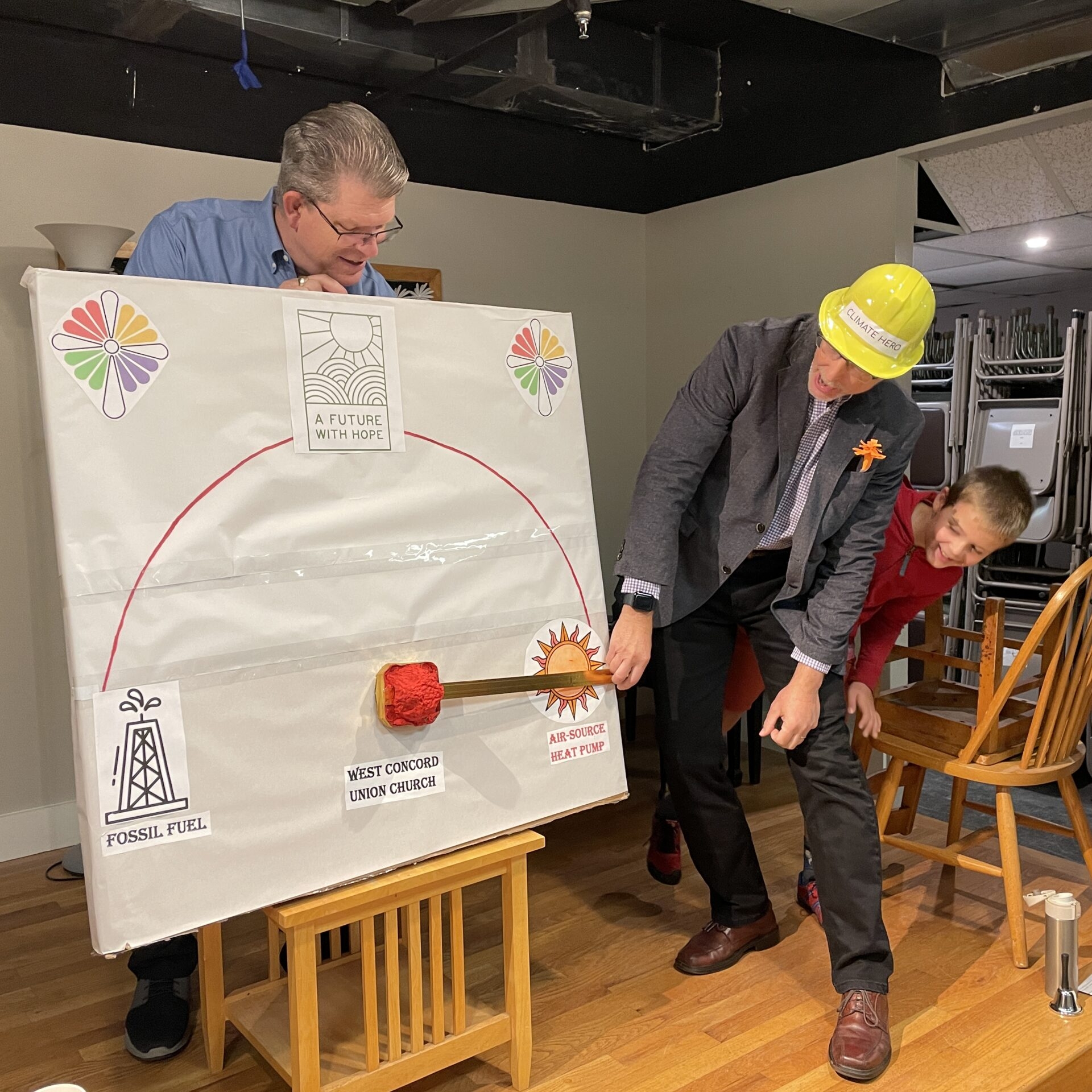
CALLING
West Concord Union Church was called to increase their commitment to Creation Care by installing a more efficient and less expensive heat pump HVAC system. With a total project cost of $1.3 million for the HVAC construction, West Concord Union Church was prompted to look outside of the congregation for the necessary financial solutions.
God Math
The Cornerstone Fund’s Creation Care loan, which came with a reduced interest, was put to work to finance the new HVAC project’s $1.3 million price tag.
Thanks to an effective capital campaign, revenue from various church tenants, notable property assets, and the Cornerstone Fund loan, the congregation updated its HVAC system. The new system is expected to save the congregation $30,000 to $40,000 annually. And thanks to this new HVAC system, the church is now carbon neutral.
“Our community believes that God calls us to care for the earth. Transforming our energy use is an expression of our beliefs and aligns of our practices with our faith.”
– Rev. Hannah C. Brown, pastor of WCUC.
Cornerstone Fund Disaster Care Program Helps Florida Church Rebuild After Hurricane Helene
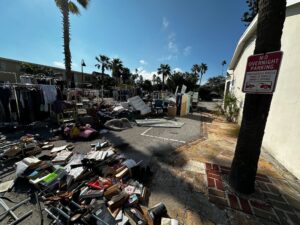
On September 26, 2024, Hurricane Helene came ashore as a Category 4 storm in the Big Bend area of Florida. A year later, the congregation of Pass-A-Grille Beach Community Church in Pass-A-Grille, Florida is remembering the disaster and its effects on the whole area.
"Our church is on a barrier island—one side is the Gulf of Mexico and the other side is Tampa Bay," said the Rev. Dr. Angela Wells-Bean, senior pastor of the church. "The island is maybe two miles long and very narrow. We're very vulnerable.
"Helene's storm surge flooded our whole campus with almost three feet of water."
The church's sanctuary, narthex, commons, offices, nursery, thrift store, and first floor education wing were devastated. The sanctuary's damage also prohibited any services.
"Where were we going to worship? Our pews had been floating in three feet of water," said Rev. Wells-Bean. Thankfully they were able to hold services at Pilgrim United Church of Christ in nearby St. Petersburg.
The community pulled together quickly for the recovery and rebuilding. Thanks to a United Church of Christ Ministry Capacity Rebuilding Grant, PAGCBC was able to restore its thrift store.
On top of that, a Disaster Care Program loan from the Cornerstone Fund continues to assist in the rebuilding and disaster mitigation projects. The congregation's weekly worship services returned to the repaired sanctuary in late January of this year. The rest of the building’s repairs continue – from drywall replacement to new electrical wiring and more.
"It's been amazing to work with the Cornerstone Fund," said Rev. Wells-Bean. "We're grateful for how supportive and understanding you are."
The Cornerstone Fund's Disaster Care Investment and Recovery Program launched in late 2024 in response to the increasing number of natural disasters each year. Cornerstone Fund leadership collaborated with the United Church of Christ Disaster Ministries and the United Church of Christ Insurance Board in planning the program, which provides loans at a lower interest rate than would otherwise be available to churches that have experienced destruction.
The Southern California – Nevada Conference of the United Church of Christ saw the critical need for this program and made the first generous investment. The conference leaders know that these low-rate loans are made possible because the individuals and institutions that invest in Disaster Care willingly accept lower investment rates.
To recover after disasters, these loans help United Church of Christ congregations undertake projects such as:
- Repairing or replacing roofs
- Repairing or rebuilding worship and fellowship spaces
- Installing facilities to support incoming recovery volunteers
- Improving facilities to mitigate future disaster impacts
Pass-A-Grille Community Beach Church's Disaster Care loan also requires disaster mitigation projects, so the church purchased door barriers to prevent water intrusion in the future.
As the rebuilding continues for the church and the surrounding community, the congregation will hold a First Anniversary Service of Healing and Remembrance on September 28 with Church of the Isles UCC, which was also damaged by Hurricane Helene.
"That service is on the beach to recognize that this is why we're all here," said Rev. Wells-Bean. "The beach is the magnet that pulls us all here, but it is also the source of our destruction. How to do we wrestle with that – how do we name our gratitude of the ocean, but at the same time, acknowledge that it's also incredibly powerful and destructive?"
Learn more about the Disaster Care Investment and Loan Program
Cornerstone Fund Helps Break Ground on New Housing Center
Jubilee Housing and King Emmanuel Baptist Church
In March, Cornerstone Fund President and CEO Maria Coyne attended the ground-breaking of the Jubilee Housing’s King Emmanuel Baptist (KEB) Project in Washington, DC. The Cornerstone Fund is thrilled to be one of the lenders, which is a redevelopment of a historic Black church, King Emmanuel Baptist, into 18 units of housing for justice involved individuals (people returning home from incarceration).
“Taking this historic church property and transforming it into something in service to the community really brings our mission to life,” said Coyne at the event. “We are so grateful to be a part of this effort, we are excited about the impact on the community and really appreciate all the parties involved.”
Jubilee Housing leadership feels the same way about working with the Cornerstone Fund.
“From the moment we met with Cornerstone, we recognized a shared sense of mission, values, and a deep commitment to preserving community,” said Jim Knight, President and CEO of Jubilee Housing.
“We were genuinely excited to get to know them and learn more about the important work they’re doing. When one of our original lenders withdrew from the KEB project, Maria and her team stepped in without hesitation—finding a way forward and ultimately serving as the lender for both the construction and permanent phases. That’s what Cornerstone does: they help finance the development of churches, and they do it with compassion, sincerity, and reliability—which I deeply admire. I’m grateful to know Cornerstone and honored to call them a partner in bringing KEB to life.”
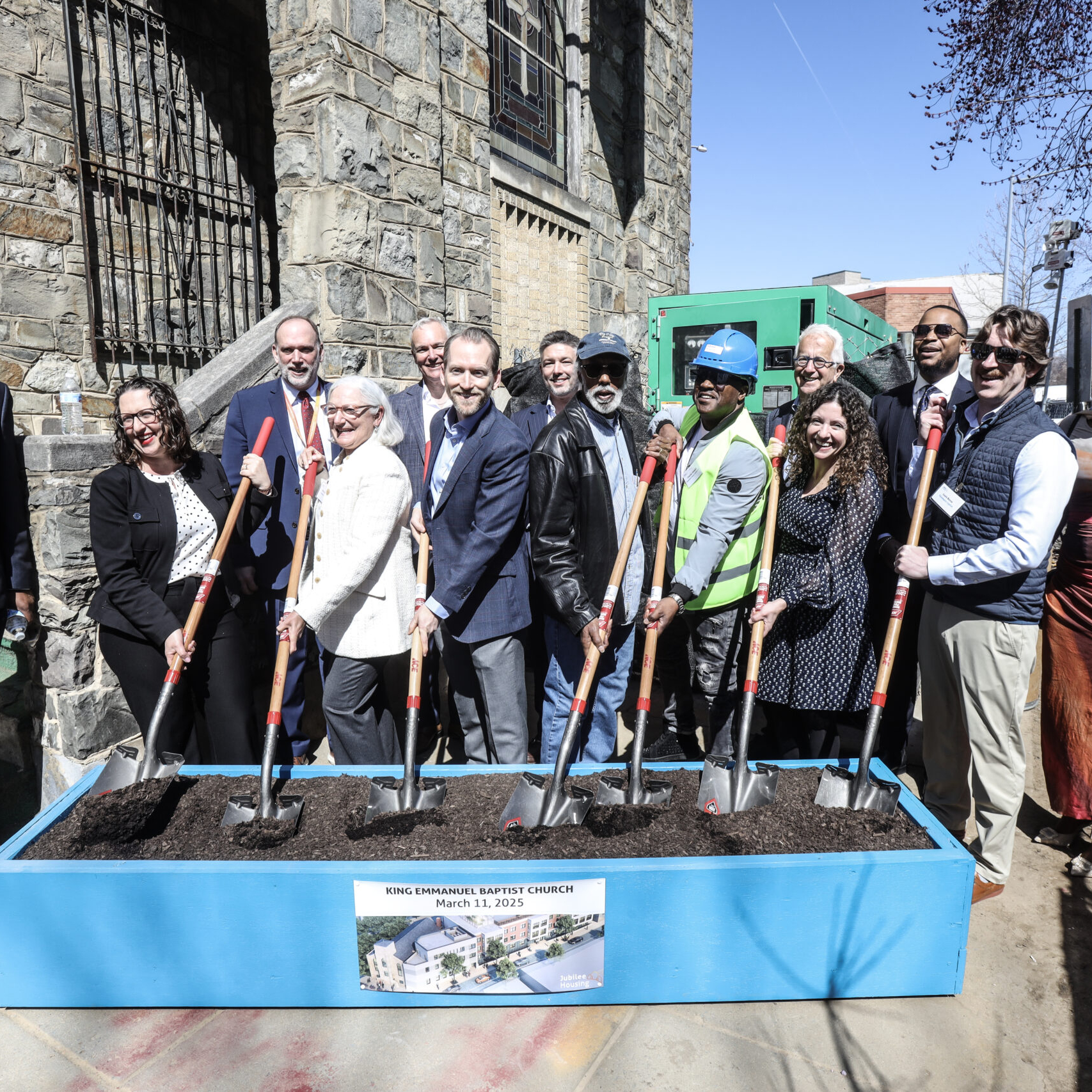
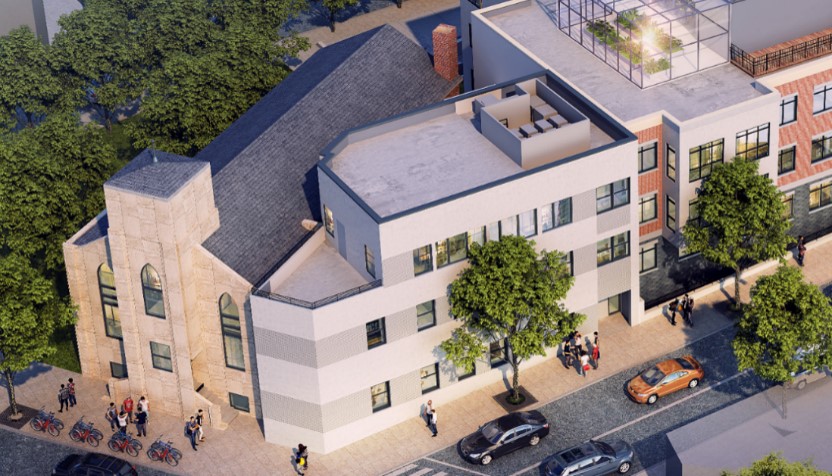
The KEB project is adjacent to another Jubilee Housing development, Ontario Place, that is also intended to house justice involved people as well as provide housing for residents with low incomes. Ontario Place will have solar panels and include an aquaponics farm that will produce food for residents and to sale.
According to Jubilee Housing, “Ontario Place will be DC’s first aquaponics farm tied to affordable housing and workforce development. The farm is expected to produce approximately 13,000 crops per month, with a portion of the fresh produce used in the KEB community kitchen, which will serve Jubilee residents.”
Jubilee has been working in the Adams Morgan, Columbia Heights, and Mount Pleasant neighborhoods for over 50 years, with a current portfolio comprising 13 housing projects serving 1,000 plus people. The organization is steadily growing and has several projects in stages from predevelopment to construction.
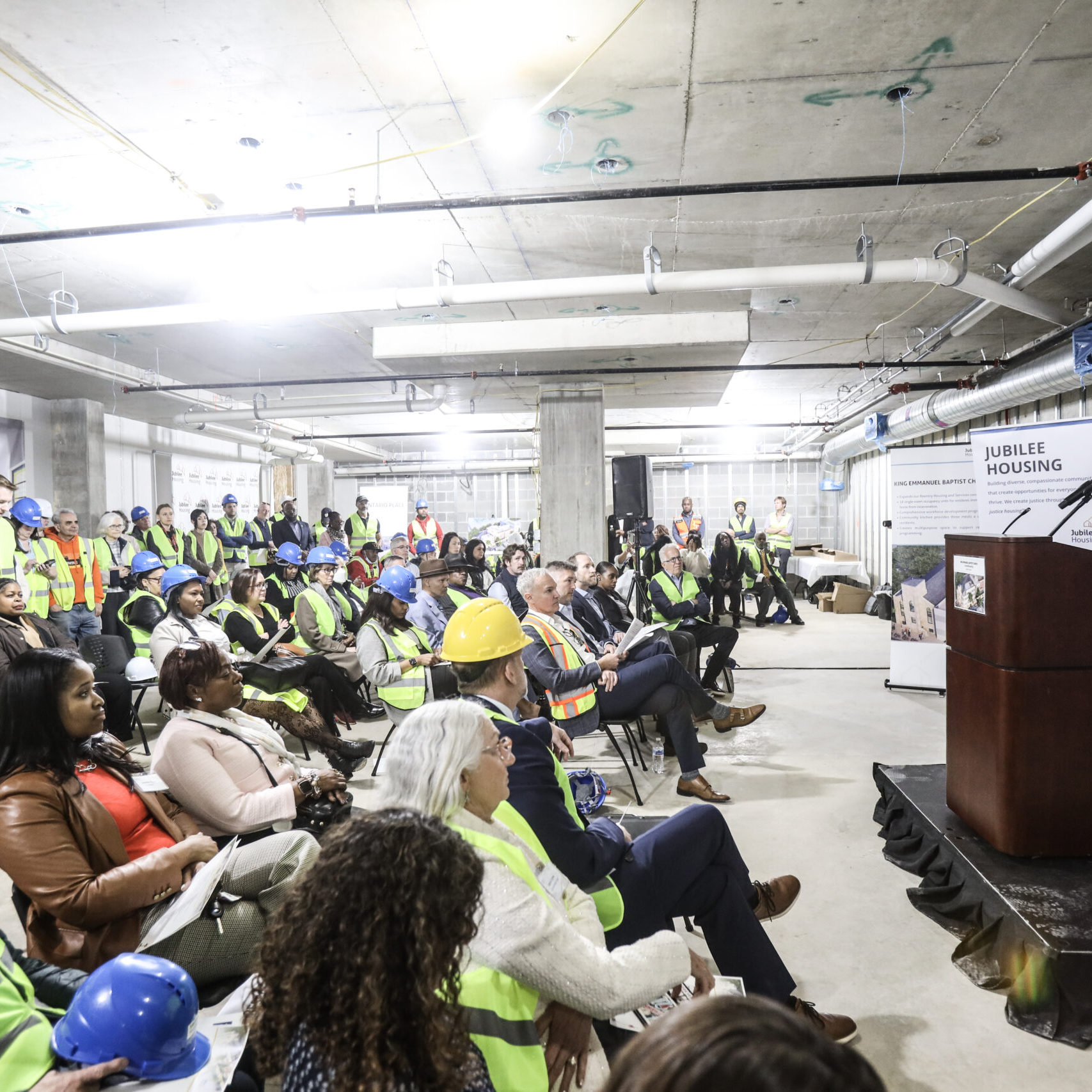
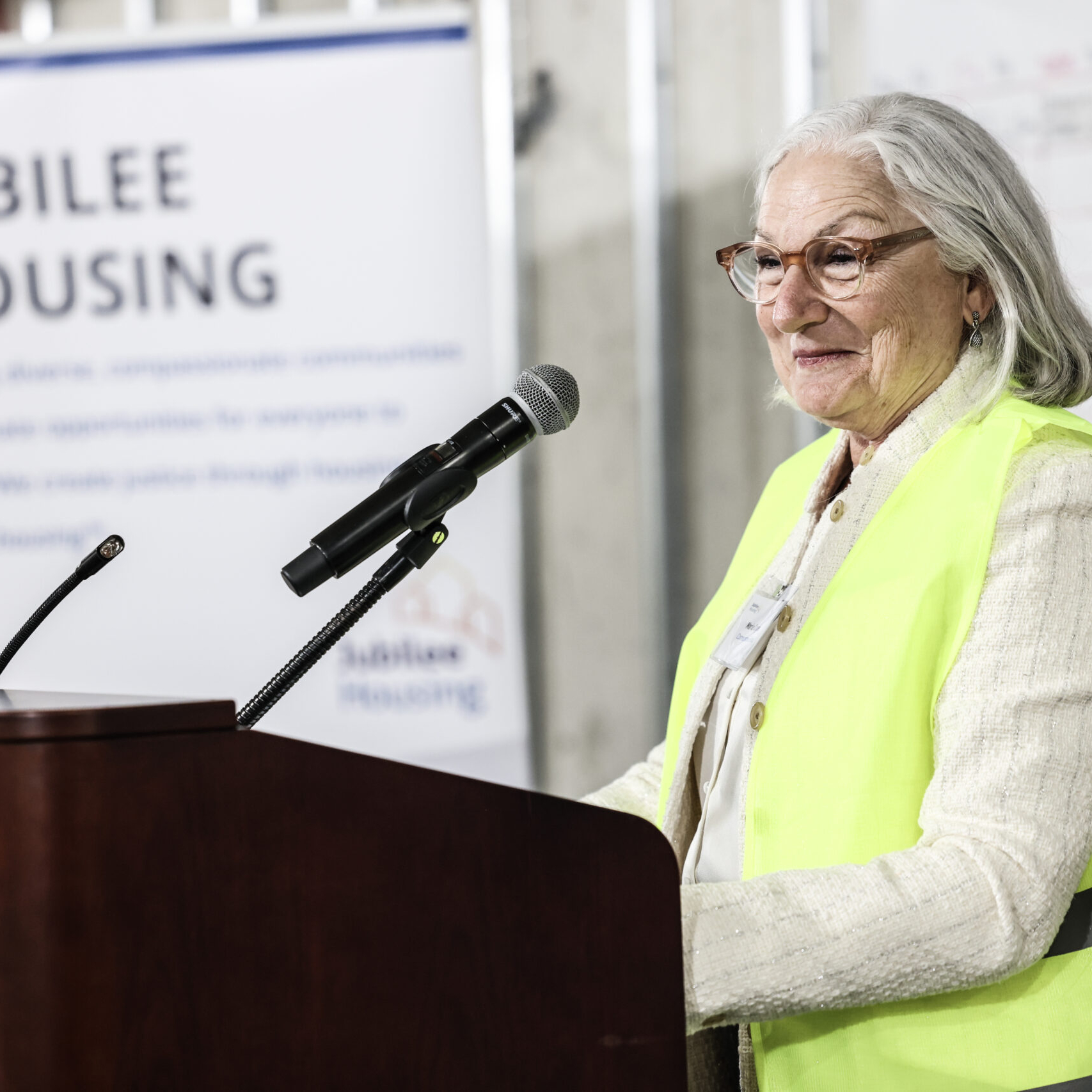
Photos and artist rendering images courtesy of Jubilee Housing.
Georgia Chin Baptist Church
A Home Away From Home
Atlanta, Ga., is the proud home to an estimated 6,000 Burmese refugees, many of whom fled to the US due to decades of military rule and human rights abuses. The Georgia Chin Baptist Church congregation is comprised of Burmese refugees in the region who belong to the Chin ethnic group.
Established in 2010, Georgia Chin Baptist Church has been growing steadily in the local Chin community, nearing 300 active members. The church is an important resource for cultural events and programming for the Chin community.
Georgia Chin Baptist Church is one of more than 100 congregations nationwide belonging to Chin Baptist Churches USA, an organization dedicated to promoting the Christian faith among Chin communities throughout the US. Chin Baptist Churches.
The Calling
With a growing congregation and a need for more functional space, Georgia Chin Baptist Church found itself looking to acquire a new church building to call home in Stone Mountain, Ga., just outside of Atlanta. The new church building comes with a cost of just over $2 million.

God Math
“The Cornerstone Fund is thrilled to be able to support their commitment to serving the wider community through various outreach and service programs.”
Empowering the Georgia Chin Baptist Church to better carry out its mission, Cornerstone Fund provided the congregation with a loan to make the new church acquisition possible. The loan comes with an affordable interest rate and a longer term in order to make the payments manageable for the church. The new church in Stone Mountain is 21,360 square feet, not including the basement, three buildings, a chapel, classrooms constructed in mid-1960s, a sanctuary, and an educational unit constructed in 1989. The facilities sit on 6.2 acres. The Cornerstone Fund is thrilled to be able to support their commitment to serving the wider community through various outreach and service programs. These include initiatives such as food drives, youth programs, and disaster relief efforts, which are designed to support those in need and promote the values of compassion and kindness.
Uni-Pres Kindercottage - St. Louis, Missouri
Supporting an early childhood development center to get out of the basement
Some fifty years ago, Uni-Pres Kindercottage was founded to support working families with preschool and pre-adolescent age children in East St. Louis, a suburb of St. Louis, Missouri. Once a hub for industry, this town was immediately effected by the deindustrialization of the region. Having once been one of the state’s largest cities, the “City of Champions” as it is known, now faces rising levels of unemployment and subsequent poverty. Today, East St. Louis continues to endure the economic fallout, with its total population now being just above half of what its volume was at the end of the Progressive Era (1877-1917). Of that population, more than one-third of its residents are surviving below the poverty line. Despite those statistics, Uni-Pres Kindercottage continues to support the East St. Louis community with early learning programs for preschool and school aged children, while attending to the physical, social, and psychological needs of the collective. Although the story of Kindercottage is one of victory, the organization has definitely endured its share of mountains and valleys.
Kindercottage was housed in the basement of a century-old building. When it rained outside, it rained inside. When it was cold outside, it was cold inside, and when temperatures soared, it steamed inside.Amidst those conditions, Kindercottage pressed forward to fulfill its mission of “providing an environment where all children have opportunities for learning through educational, social, and developmental programs.” Through diligence, faith, and sheer determination, Kindercottage has successfully run an operation that serves 100 children with the aid of 10 staff, and continues to defy the odds.
Bringing together all of the pieces
In 1980, Brenda Crisp assumed the role of Executive Director of Kinder Cottage. She witnessed firsthand the growth in capacity that has occurred as a result of the funding received from the United Church of Christ Cornerstone Fund. Brenda recounts her dream of building a building that could support the mission, and the vision of Kindercottage within the East St. Louis community. As a member of the United Church of Christ Council for Health and Human Services (CHHSM), a colleague suggested that she be in touch with the United Church of Christ Cornerstone Fund. “I gained knowledge of the fund during a time when the chances of small non-profits being approved for loans by traditional financial institutions were slim”, she says.
Brenda describes her sentiments about what happened afterwards with these words, “it seemed as if after that, God began to bring all of the pieces together and everything was set in place”. The fellowship and connection of the United Church of Christ is one that is steadfast in the belief held dear by its members, “Drawn together by the Holy Spirit, we are a distinct and diverse community of Christians that come together as one church, joining faith and action.” That “faith and action” are exactly what Brenda Crisp describes as the impetus that brought her dream into reality. After receiving funding from the Cornerstone fund, the state of Illinois Comptroller’s office granted a second loan to Kindercottage to further support the project under the administration of Madam Loleta Didrickson, and construction began in 1998.
The construction of the new Kindercottage is nothing short of what Brenda calls a “faith walk”. Initially not having any knowledge of a funding source to support this project, the financial support from the Cornerstone fund gave Kindercottage the “running start” to bring the dream of a new facility for the community. Brenda states that as a small organization, there were obstacles that prevented her from securing funding from traditional sources, such as “lack of collateral” and other things. In the wake of what seemed like denial, Brenda remained encouraged. When asked about that experience, she stated that “God saw what we were trying to do for our community, and He gave the increase.”
Grace Immanuel United Church of Christ - Louisville, Kentucky
Lifting a congregation: Grace Immanuel UCC modernizes its vintage church
There’s nothing quite like an old church. Be it brick or clapboard, nestled along a country road or shoulder-to-shoulder with its neighbors, such a building can remind us of our history, our ancestors, and our relationship to place.
But despite their history and charm, old churches pose challenges. Infrastructure may need upgrading, and vintage designs may not meet the needs of modern congregations. Modern ideas of accessibility, including ramps, lifts, and audio amplification, weren’t often understood when these churches were first built, nor were the many ways churches have evolved to be utilized. Today many churches are not only houses of worship, but also meeting spaces, childcare facilities, and education centers. Each purpose has its own needs: for privacy, seating arrangements, Audio/Visual requirements, and egress, to name a few. For an old church to address the modern congregation, it may need to undergo a serious makeover.
God is still speaking,
So it was with Grace Immanuel UCC in Louisville, Kentucky. A 130- year old church in a Victorian-era urban neighborhood, Grace Immanuel UCC is committed to welcoming all. According to Pastor Greg Bain, “We are an open and affirming church, and open every worship service with the words, ‘No matter who you are or where you are on life’s journey, you are welcome here. God is still speaking.’” Welcoming diversity is a noble aspiration, but it requires work to ensure that welcome goes beyond lip-service. Like many older buildings, the century-old church lacked a way to get from one floor to the next without using stairs. The halls were narrow, and the sanctuary had rigid pews that were difficult to reconfigure, and difficult for some people to sit in for long periods. Many of the meeting spaces lacked privacy, an essential element to make many gatherings feel safe.
To follow through on their commitment to welcoming all, and to make the most out of their limited space, the church needed a makeover. “We had absolutely no way to do anything in terms of outward expansion, yet we needed to update the building and – most importantly – make the downstairs fellowship and classroom area accessible to the handicapped,” says Pastor Bain. With financing from the Cornerstone Fund, Grace Immanuel UCC “renovated the sanctuary… removing hard oak pews and purchasing interlocking upholstered chairs, installing six video screens along the walls, rewiring the room for various musical/speaking arrangements. The upstairs Christian Education area was completely gutted and refashioned to allow for a hallway, entrance hall, and three modern classrooms. An old and very steep stairway to our downstairs fellowship hall and classrooms was eliminated, and a lift was installed in its place. Another stairway was dug near the front of the building. These changes made our fellowship area accessible for the first time in the history of the church.”
We are here to stay
To fund such a dramatic renovation, Grace Immanuel UCC took out a $200,000 loan with the Cornerstone Fund. “The Cornerstone loan provided the best rate, plus the opportunity to use a church affiliated organization,” says Bain. “We have found Cornerstone to be easy to work with, and we are excited about paying off that loan soon!” Committing to accessibility has virtues beyond the immediate congregation. A healthy, accessible church can improve the local community, attracting new businesses and residents. “There is significant business investment entering our neighborhood these days…. It has not escaped notice that we are a part of this revitalization, as we host neighborhood meetings and other groups,” says Bain. By being willing to undertake huge projects to ensure congregants can access the church’s services, Grace Immanuel UCC has demonstrated a commitment to every person who enters. As Bain says, “The message is: We are here to stay.”
